Israeli strikes may have displaced million people - Lebanon PM
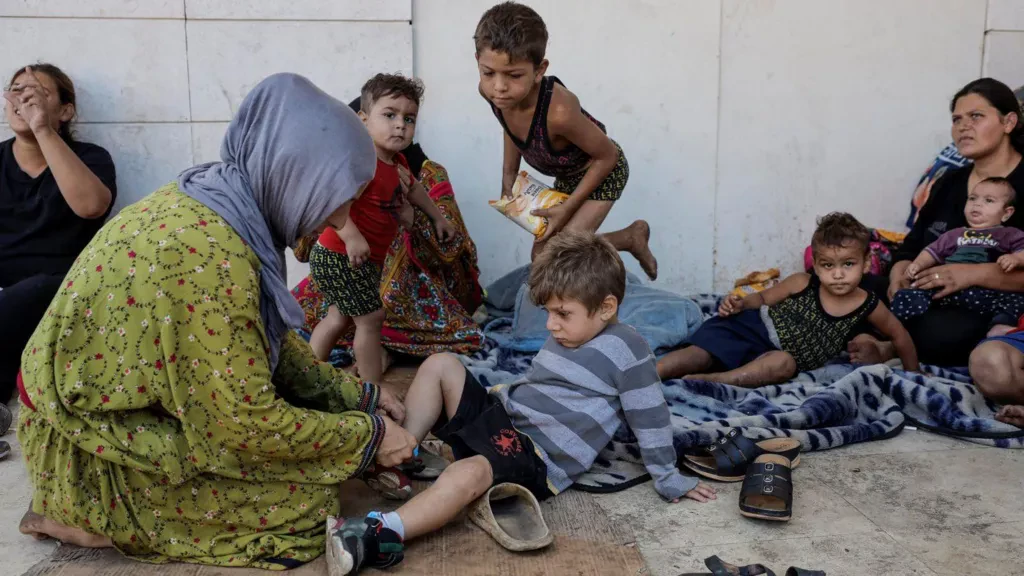
Many families from southern Lebanon are now living on the streets of Beirut after fleeing Israeli air strikes. (Reuters)
Beirut, September 30 — Israel's continuing air strikes may have already forced as many as one million people from their homes across Lebanon, the country's prime minister has said.
"It is the largest displacement movement that may have happened," Najib Mikati said.
Lebanon's health ministry reported more than 50 people killed in Sunday's strikes - two days after Israel assassinated Hezbollah leader Hassan Nasrallah in Beirut. Meanwhile, Hezbollah fired more rockets into northern Israel.
In a separate development, Israel said it had carried out "large-scale" air strikes on military targets of the Iran-backed Houthi movement in Yemen.
Hezbollah confirmed on Sunday that top military commander Ali Karaki and a senior cleric, Sheikh Nabil Qaouk, had also been killed in the Israeli air strikes.
"We need to keep hitting Hezbollah hard," Israel's military chief of staff Herzi Halevi said.
Another Israeli strike in the central Beirut neighbourhood of Kola early on Monday killed three members of the Popular Front for the Liberation of Palestine (PFLP), the group said in a statement.
The PFLP is a member of the Palestine Liberation Organization, a coalition recognised at the UN as the official representative of the Palestinians. The group is also considered a terrorist organisation by both the US and EU.
The statement named those killed as military security chief Mohammad Abdel-Aal, military commander Imad Odeh, and fighter Abdel Rahman Abdel-Aal.
Lebanon's Prime Minister Mikati said the wave of air strikes had forced people to flee from Beirut and other parts of the country, including the southern border areas.
The local authorities are struggling to assist everyone in need, with shelters and hospitals under growing pressure, BBC correspondents in Lebanon report.
Aya Ayoub, aged 25, told the BBC she had to flee her house in Beirut’s southern Tahweetet al-Ghadir suburb with her family of six as it was too dangerous to stay.
Around her house, she said, "all the buildings are completely destroyed", and she was currently staying with another 16 people in a house in Beirut.
"We left on Friday and had no place to go. We stayed until 02:00 in the streets until a group of people helped us get into a residential building that was under construction. We are living on candles at night, and have to get water and food from outside”.
Sara Tohmaz, a 34-year-old journalist, told the BBC she had left her house near Beirut with her mother and two siblings last Friday.
It took them almost 10 hours to reach Jordan through Syria by car, she said.
“I think we are lucky enough to have a place to stay in Jordan, where my mother’s relatives are based. We don’t know what will happen next, and don’t know when we will be back," Tohmaz added.
The previously sporadic cross-border fighting escalated on 8 October 2023 - the day after the unprecedented attack on Israel by Hamas gunmen from the Gaza Strip - when Hezbollah fired at Israeli positions, in solidarity with the Palestinians.
Since then hundreds of people, including many Hezbollah fighters, have been killed, while tens of thousands have also been displaced on both sides of the border.
Also on Sunday, Israel said it carried out air strikes on Houthi targets in Yemen, striking power plants and a port in Ras Isa and Hudaydah.
Footage later emerged showing a huge explosion at the port.
Israel says it targeted the sites in response to recent missile attacks from the Houthis, as well as to destroy facilities being used to transport Iranian weapons.
The Houthis, a Shia group controlling large areas of Yemen, condemned the Israeli strikes as a "brutal aggression".
They said four people were killed and 33 injured, vowing revenge.
There are mounting international fears of a wider conflict in the Middle East.
Washington warned Israel against an all-out war with Hezbollah or Iran, saying a major conflict would leave Israelis unable to return to their homes in the north.


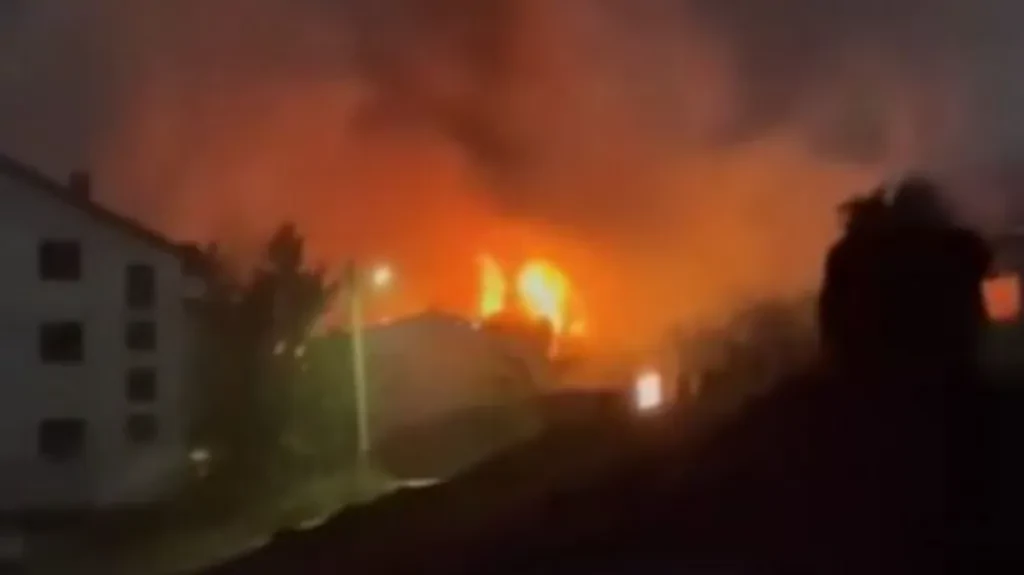
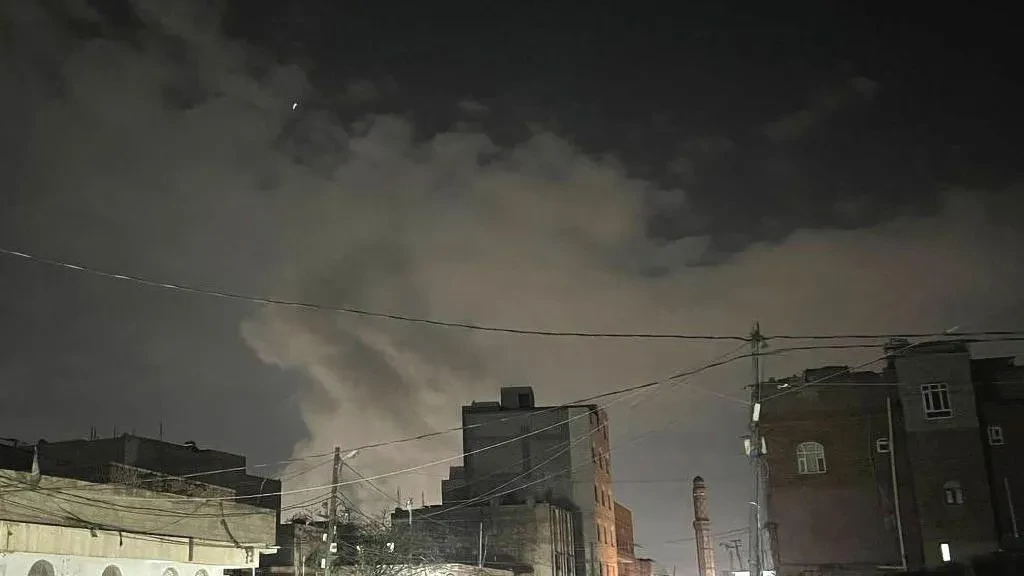
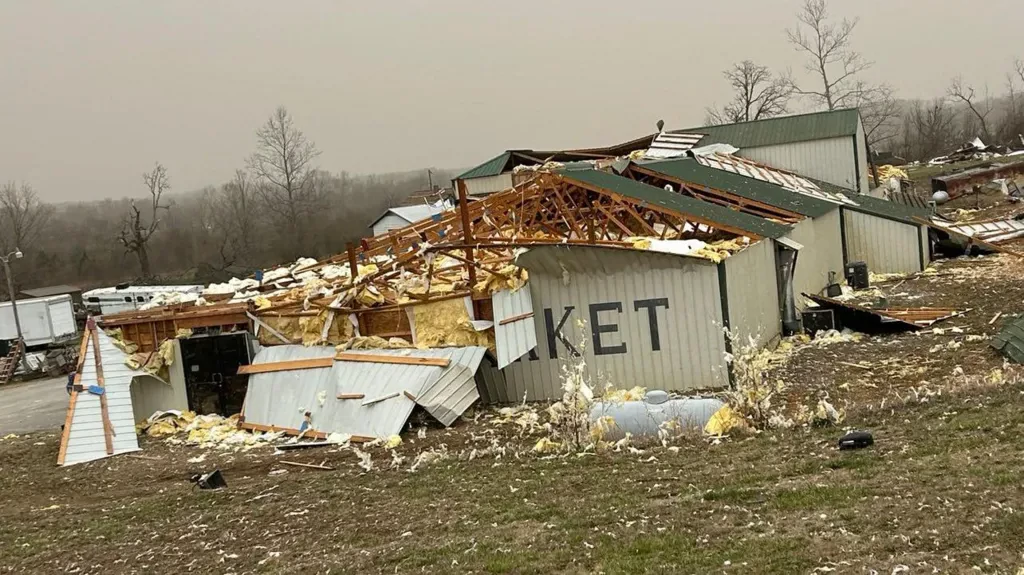
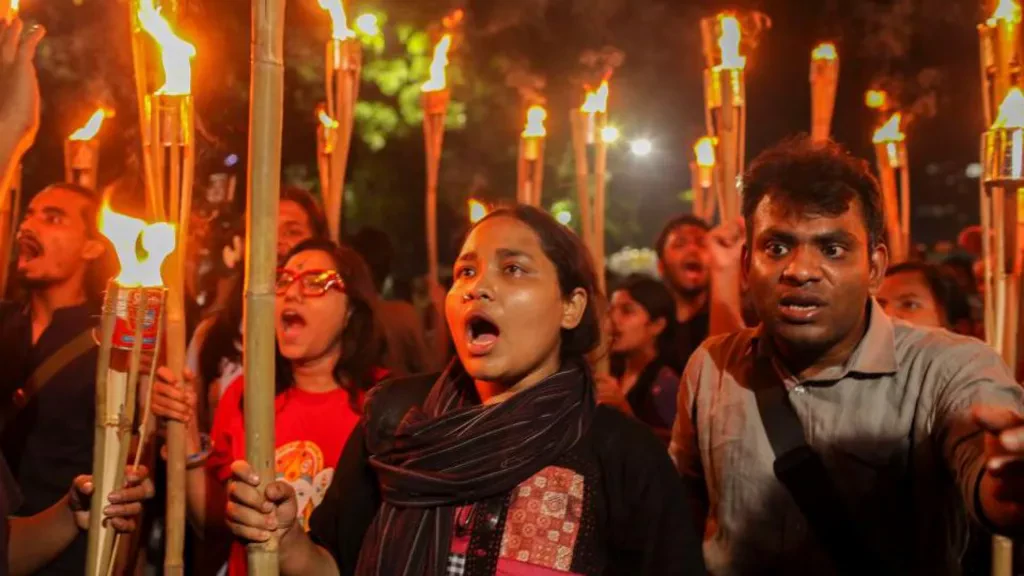
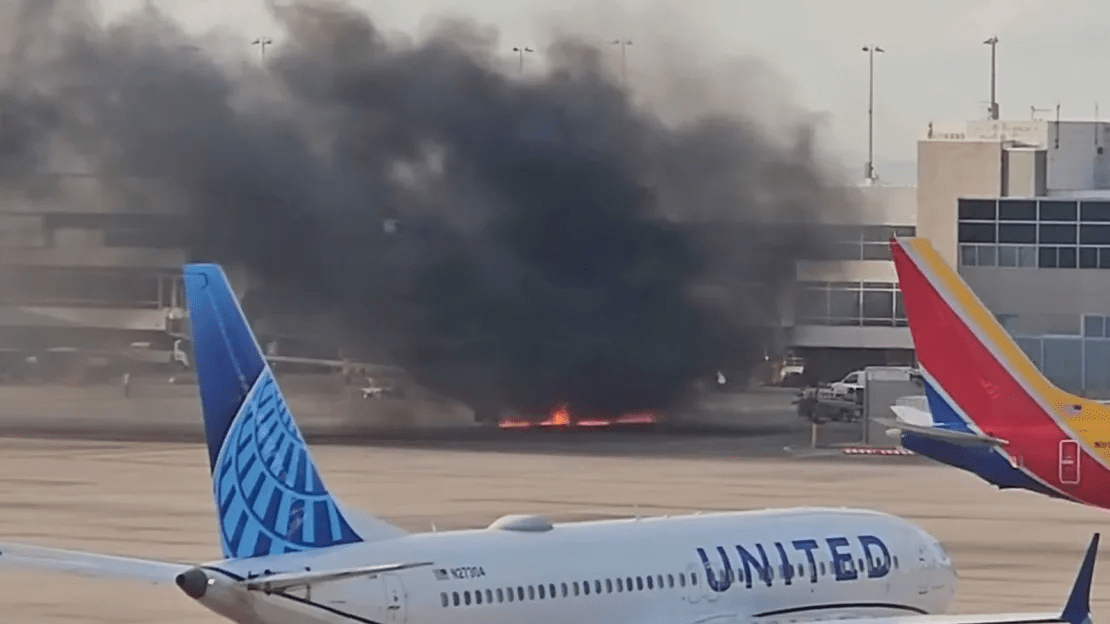



Leave Comment